In a chilling act of violence, Ismaila Awoyinka, a prominent businessman and building materials dealer, was gunned down by unidentified assailants in Ore, Odigbo Local Government Area of Ondo State. The ambush occurred on Saturday at approximately 8:35 p.m., mere steps from his home opposite Caring Heart Mega School in the Idi Mango area, shortly after he concluded the Taraweeh prayer at a nearby mosque. The brutal killing has plunged the community into grief and reignited concerns over escalating insecurity in the region.
Eyewitnesses paint a harrowing picture of the attack. Awoyinka, a familiar figure in Ore’s commercial circles, was reportedly approached by gunmen clad in white clothing, who arrived on a motorcycle. Without warning, they shot him at close range, ending his life in an instant. The assailants fled the scene, leaving behind a stunned neighborhood. As word of the assassination spread, a large crowd gathered at Awoyinka’s residence, their shock palpable amid the wails of mourning. For a man who had just moments earlier been in prayer, the suddenness of his death underscored the brazenness of the attack.
Taiwo Adegoroye, Chairman of Odigbo Local Government Area, wasted no time in condemning the killing. Speaking to the News Agency of Nigeria, he described Awoyinka’s death as a “tragic loss,” not just for his family but for the entire community. His remarks reflect a deeper unease about the deteriorating security landscape in Ondo State, where such incidents threaten to unravel the social fabric.
Adegoroye’s concern is not isolated—residents, too, are grappling with the fear that safety, once taken for granted, is slipping away.
The Ondo Police Command has responded swiftly, launching an investigation into the assassination. On Sunday, ASP Funmilayo Odunlami, the command’s Public Relations Officer, confirmed the incident from Okitipupa. “Investigation is ongoing to unravel the assassination of the businessman,” she stated, offering a glimmer of hope that justice might prevail. Yet, the phrase “unidentified gunmen” echoes a familiar refrain in Nigeria—a catch-all for perpetrators who vanish into the night, leaving little trace and even less accountability. The police face a daunting task: piecing together motive and identity in a case that, for now, remains shrouded in mystery.
The timing and location of the attack amplify its audacity. Striking just after Taraweeh—a nightly prayer during Ramadan—near Awoyinka’s home suggests either chilling precision or ruthless opportunism. Was this a targeted hit tied to his business dealings, a personal vendetta, or a symptom of broader lawlessness? Eyewitness accounts of the assailants’ white attire and motorcycle escape hint at a coordinated effort, but without arrests or further evidence, speculation runs rife. For residents of Idi Mango, the proximity to Caring Heart Mega School, a place of learning and innocence, only deepens the sense of violation.
This assassination is more than a single tragedy—it’s a stark warning. Ore, like many Nigerian towns, straddles a precarious line between progress and peril. Awoyinka’s death joins a grim tally of violent incidents that have plagued Ondo State, from kidnappings along its highways to clashes in rural areas. The motorcycle, a ubiquitous tool for mobility, doubles as a favored instrument of crime, its agility thwarting pursuit. The white clothing, possibly a disguise or a signature, adds an eerie layer to the narrative, leaving locals to wonder who might be next.
For the community, the aftermath is a mix of sorrow and defiance. The crowd at Awoyinka’s home was not just mourning—it was bearing witness, demanding answers. The police investigation, while a necessary step, must contend with public skepticism rooted in past unresolved cases. Adegoroye’s call for concern must translate into action—bolstered patrols, community engagement, and intelligence to dismantle the networks enabling such attacks. Anything less risks normalizing this violence.
Ismaila Awoyinka’s life ended in a flash of gunfire, but his death reverberates far beyond that Saturday night. It’s a clarion call for Ondo State—and Nigeria at large—to confront the specter of insecurity head-on. As the investigation unfolds, Ore holds its breath, hoping for justice amid the shadows of fear.

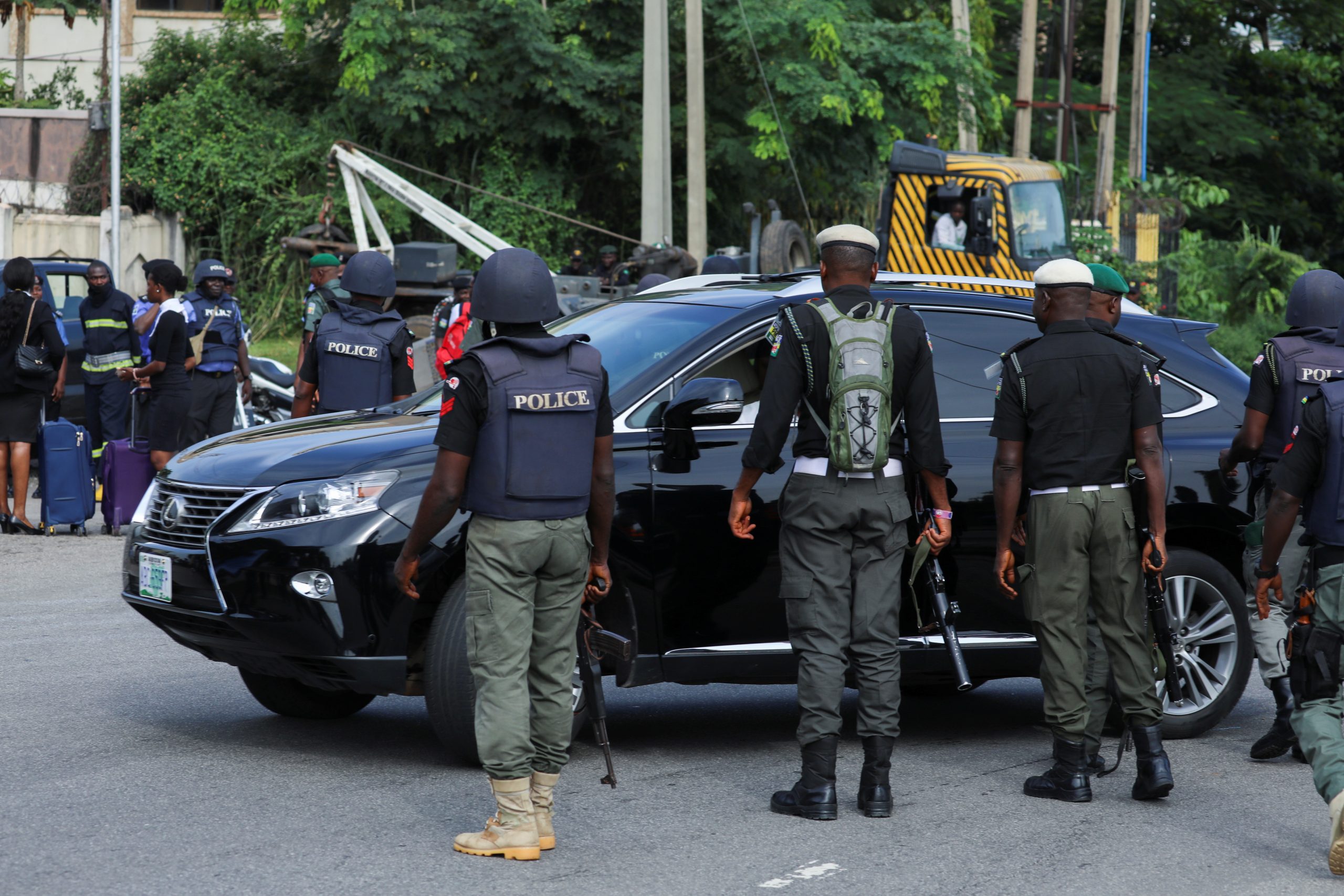


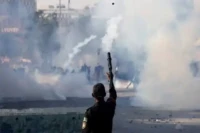
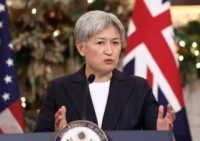
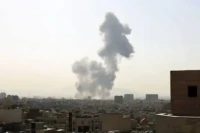
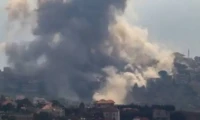
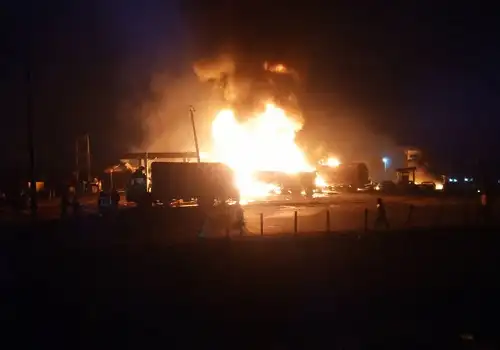
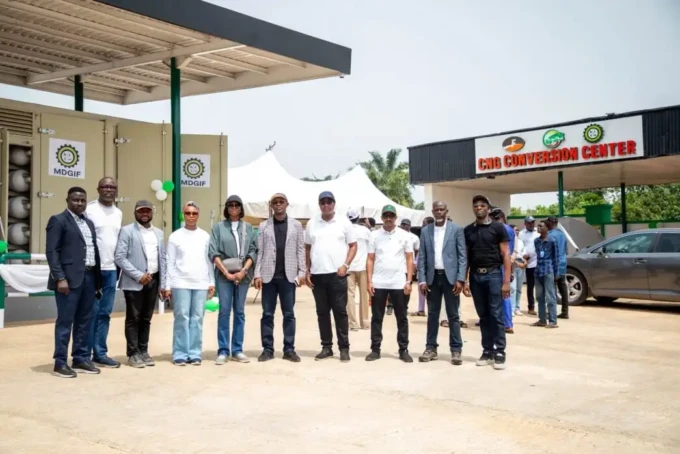


Is it just me or does this whole assassination situation in Ore feel like something out of a movie? Crazy times were living in.
Do you think the community should take matters into their own hands for security, or rely on authorities? Lets discuss!
Do you think the community should take more responsibility for their own safety after the recent assassination in Ore? #CommunitySecurityDebate 🤔
Do you think the community needs to take more proactive measures to enhance security after this tragic event? Lets discuss.
Do you think tighter security measures could prevent future tragedies in Ore? Its a tough call, but worth discussing.